Pine nuts are a small yet nutritionally potent seed derived from various pine tree species. Known for their delicate flavor and versatility in culinary applications, pine nuts have a fascinating history and offer a range of health benefits. In this comprehensive article, we explore the world of pine nuts, including their origins, nutritional profile, potential health benefits, ways to incorporate them into your diet, and precautions to consider. Whether you’re a fan of Mediterranean cuisine or seeking to enhance your overall well-being, pine nuts can be a valuable addition to your culinary repertoire.
What are Pine Nuts?
Pine nuts are the edible seeds harvested from the cones of certain pine tree species. These small, elongated seeds have a creamy, buttery flavor and a delicate texture. They have been used in culinary traditions around the world for centuries and are particularly popular in Mediterranean and Middle Eastern cuisines.
Pine nuts have a long and storied history. They have been consumed for thousands of years and have been an integral part of traditional diets in regions such as the Mediterranean, North Africa, and Southwest Asia. Pine nuts were highly valued by ancient cultures for their nutritional benefits and were often used as a staple food. Today, pine nuts continue to be cherished for their distinct flavor and culinary versatility.
Nutritional Profile of Pine Nuts
Pine nuts are packed with essential nutrients that contribute to overall health and well-being. They are a rich source of heart-healthy monounsaturated fats, which can help lower bad cholesterol levels and reduce the risk of cardiovascular diseases. Additionally, pine nuts provide an array of vitamins, including vitamin E, vitamin K, and B-complex vitamins, as well as minerals such as magnesium, zinc, and manganese.
Health Benefits of Pine Nuts
Incorporating pine nuts into your diet can offer a variety of health benefits, including:
- Heart Health: The monounsaturated fats found in pine nuts can support heart health by reducing bad cholesterol levels and promoting overall cardiovascular well-being.
- Weight Management: Despite being calorie-dense, pine nuts can be beneficial for weight management due to their high protein and healthy fat content, which help increase satiety and reduce cravings.
- Eye Health: Pine nuts are a good source of antioxidants, including lutein and zeaxanthin, which are associated with promoting eye health and protecting against age-related macular degeneration.
- Energy Boost: Pine nuts contain essential nutrients, such as magnesium and iron, which play a vital role in energy production and combatting fatigue.
- Anti-Inflammatory Properties: The antioxidants and phytochemicals present in pine nuts possess anti-inflammatory properties that may help reduce inflammation and lower the risk of chronic diseases.
How to Incorporate Pine Nuts into Your Diet
Pine nuts are incredibly versatile and can be enjoyed in a variety of ways. Here are some ideas for incorporating them into your diet:
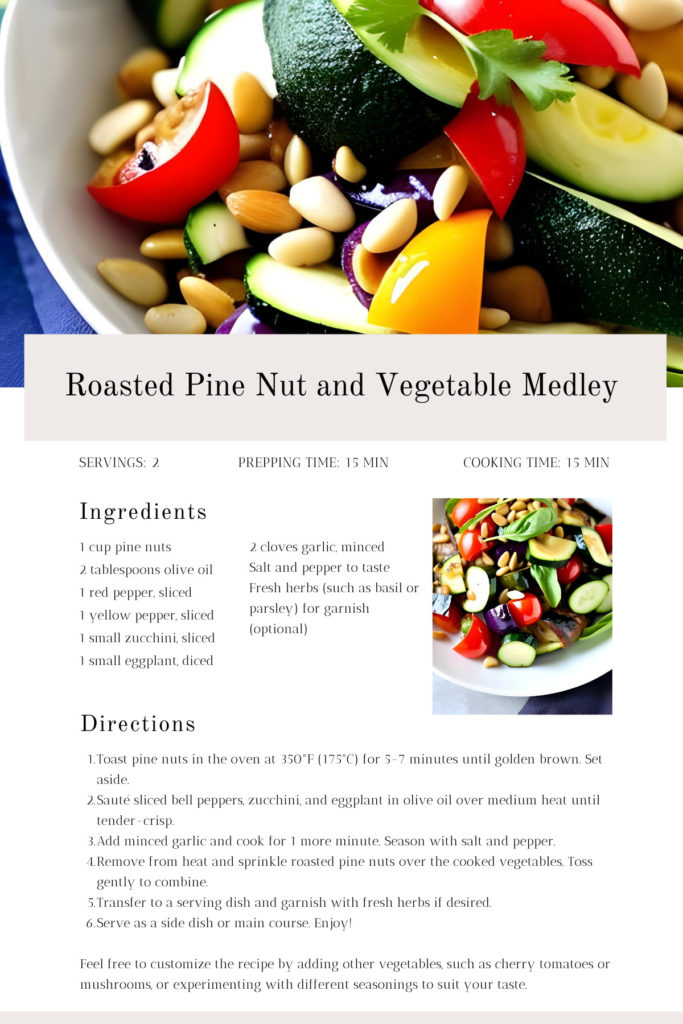
- Salad Toppings: Sprinkle toasted pine nuts over salads to add a delightful crunch and nutty flavor.
- Pesto Sauce: Pine nuts are a key ingredient in traditional basil pesto. Blend them with fresh basil, garlic, olive oil, and Parmesan cheese for a flavorful sauce to toss with pasta or spread on sandwiches.
- Nutritional Boost: Add pine nuts to your morning oatmeal, yogurt, or smoothies for an extra dose of healthy fats, protein, and nutrients.
- Roasted Vegetables: Toss roasted vegetables with pine nuts before serving to add a nutty twist and enhance the overall flavor.
- Baking Delights: Incorporate pine nuts into baked goods like cookies, bread, or muffins for a unique and tasty touch.
Precautions when Consuming Pine Nuts
While pine nuts offer numerous health benefits, it’s important to be aware of a few precautions:
- Pine Nut Allergy: Some individuals may have an allergic reaction to pine nuts. If you experience symptoms such as itching, swelling, or difficulty breathing after consuming pine nuts, it’s essential to seek medical attention.
- Calorie Content: Pine nuts are calorie-dense due to their high fat content. It’s important to enjoy them in moderation as part of a balanced diet to avoid excessive calorie intake.
- Pine Mouth Syndrome: In rare cases, individuals may experience a temporary metallic or bitter taste in their mouth after consuming pine nuts. This condition, known as pine mouth syndrome, typically resolves on its own within a few days and is not harmful.
Conclusion
Pine nuts, with their rich history, distinct flavor, and impressive nutritional profile, are a valuable addition to any diet. Incorporating pine nuts into your meals can provide a range of health benefits, including supporting heart health, aiding in weight management, and promoting eye health. Whether you enjoy them as a salad topping, in pesto sauces, or as a nutritious snack, pine nuts offer a versatile and delicious way to elevate your culinary experience. However, it’s important to be mindful of allergies and practice moderation due to their calorie density. By savoring the unique flavor and embracing the nutritional benefits of pine nuts, you can embark on a journey of culinary exploration and promote your overall well-being.
Image by Gert Olesen from Pixabay
Seeds and Nuts
-

Hemp Seeds Are Essential For Overall Health and Wellness
Hemp seeds, also known as hemp hearts, have gained widespread recognition due to their impressive nutritional composition and adaptability in various culinary creations. Derived from the Cannabis sativa plant, hemp seeds offer a wealth of health benefits and can effortlessly enhance your daily diet. In this article, we will explore the reasons why hemp seeds…
-

How to Unleash the Nutritional Power of Flax Seeds
-

Macadamia Nuts Are A Nutritional Powerhouse and Culinary Delight
-

Top 3 Nut Butters for Your Best Health
-

Pine Nuts – A Nutrient-Packed Delicacy with a Rich History
-

Pistachios: A Nutritional Powerhouse with a Rich History
-

Pecans for Heart and Brain Health but Not Kidneys

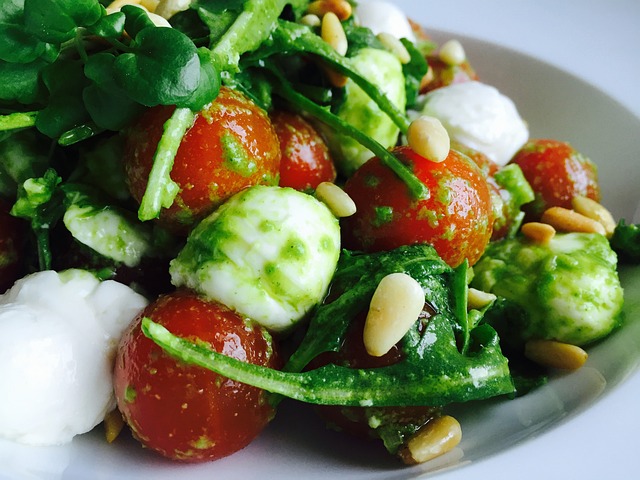
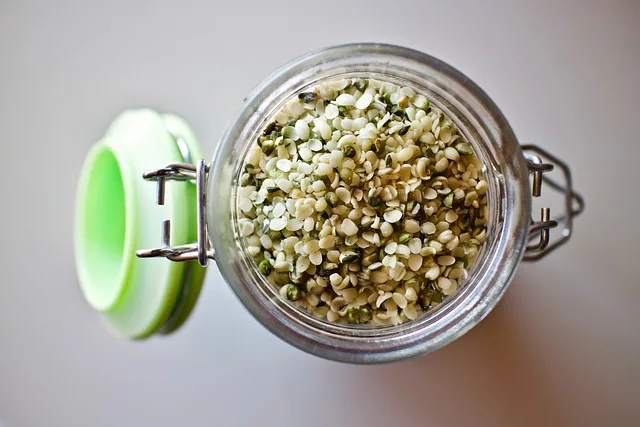
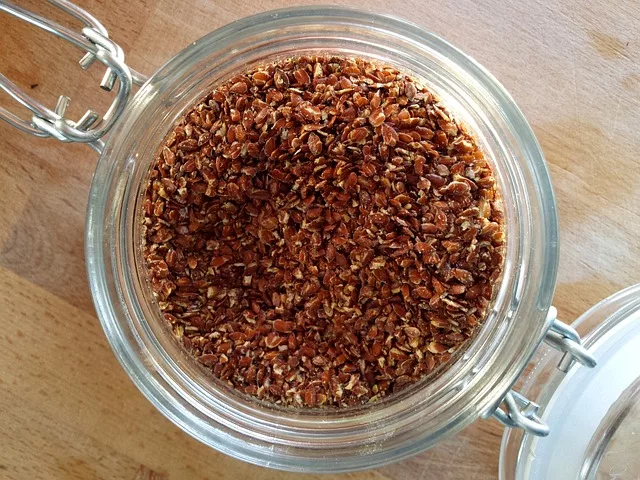
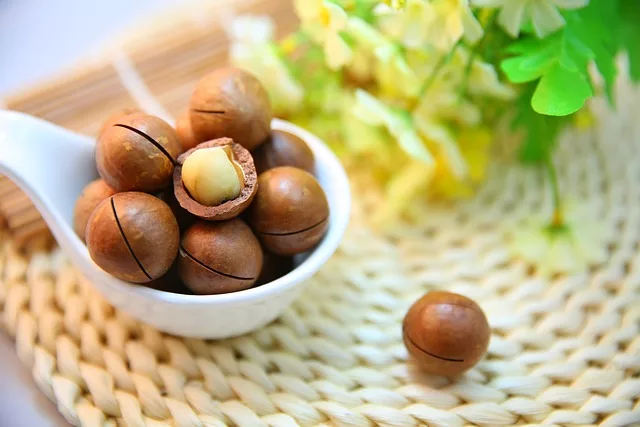
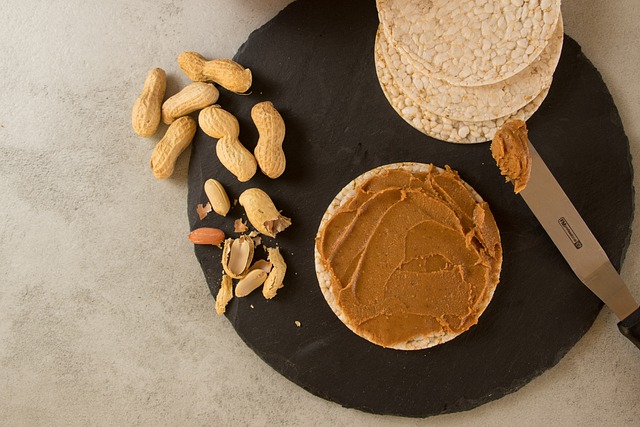
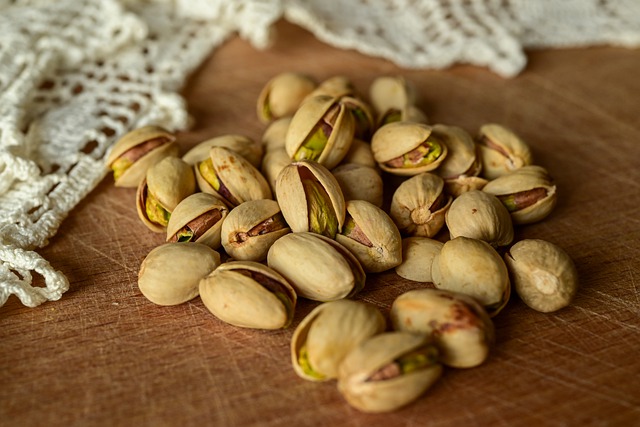
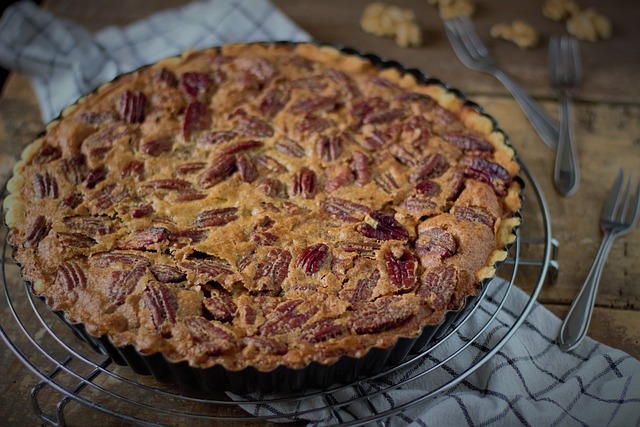
Leave a Reply